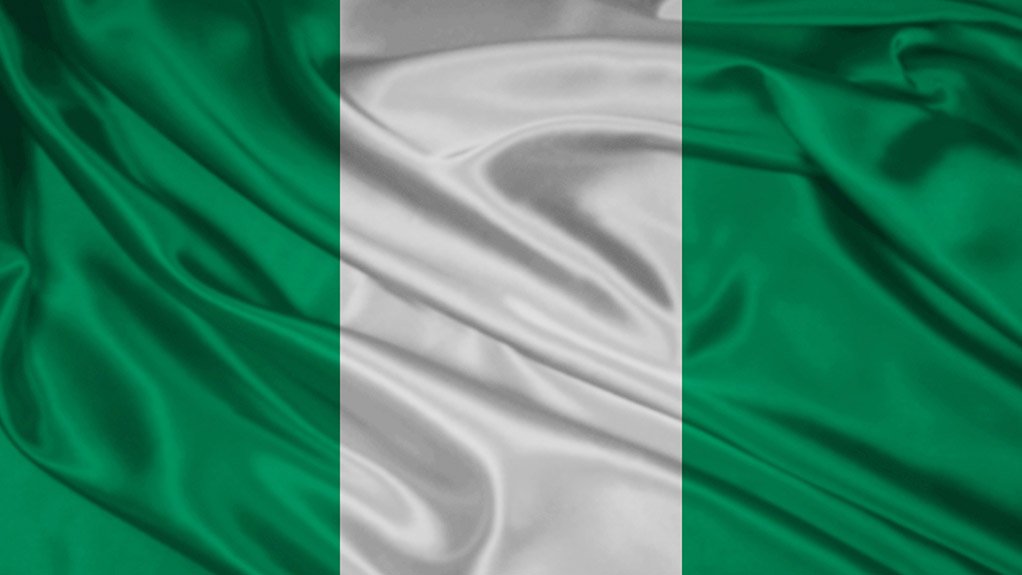African nations aren’t rushing to prop up their local currencies and tap their limited foreign-exchange reserves, even as US President Donald Trump’s tariffs upend markets and global trade.
So far, dealers said that only Nigeria, the continent’s most populous nation, has intervened in the foreign currency market to support the naira, selling $198-million earlier this month. Angola and Mauritius intervened before Trump announced reciprocal tariffs on trading partners on April 2.
The naira has weakened more than 5% against the dollar so far in April, making it the second worst performing currency in the world, according to data compiled by Bloomberg. Other laggards include the South African rand, Botswana pula and Egyptian pound.
“The Trump tariff situation is too fluid, both in terms of the final level of reciprocal tariffs and any competitive devaluations across closely-linked economies, for central banks to step in with any intervention just yet,” said Hasnain Malik, an emerging market strategist at Tellimer in Dubai.
Trump on Wednesday made an about-turn on higher reciprocal tariffs on all trading partners except China, suspending them for 90 days.
African nations will also be cautious about defending their currencies because “forex reserves are low, for example three-months of cover or less,” Charlie Robertson, the head of macro strategy at FIM Partners said. “It’s better to hoard those reserves for debt repayments.”
Angola is entering a period of rising loan payments, with the government allocating most of its revenue toward salaries and servicing debt. The southern African nation owes $864-million on a bond maturing in November.
Also the dollar has weakened significantly this month, which could eventually benefit the continent, Robertson said. The Bloomberg Dollar Spot Index has weakened about 3% thus month.
Another factor fuelling African hesitancy is the increased volatility Trump’s trade war has caused. Most currencies on the continent have endured the turbulence and are trading around similar levels to before the levies were announced on April 2, while some have “depreciated marginally,” according to Precious Dube, Africa macro-economist at Rand Merchant Bank.
“In some economies, the depreciation has also been attributed to specific domestic factors,” she said. “Sustained depreciation of the currencies would propel the central banks to take action.”
In South Africa’s case, where the rand reached a record low this week, the local unit’s woes are being amplified by a domestic political squabble over the budget between the two largest parties in the coalition government.
EMAIL THIS ARTICLE SAVE THIS ARTICLE FEEDBACK
To subscribe email subscriptions@creamermedia.co.za or click here
To advertise email advertising@creamermedia.co.za or click here











